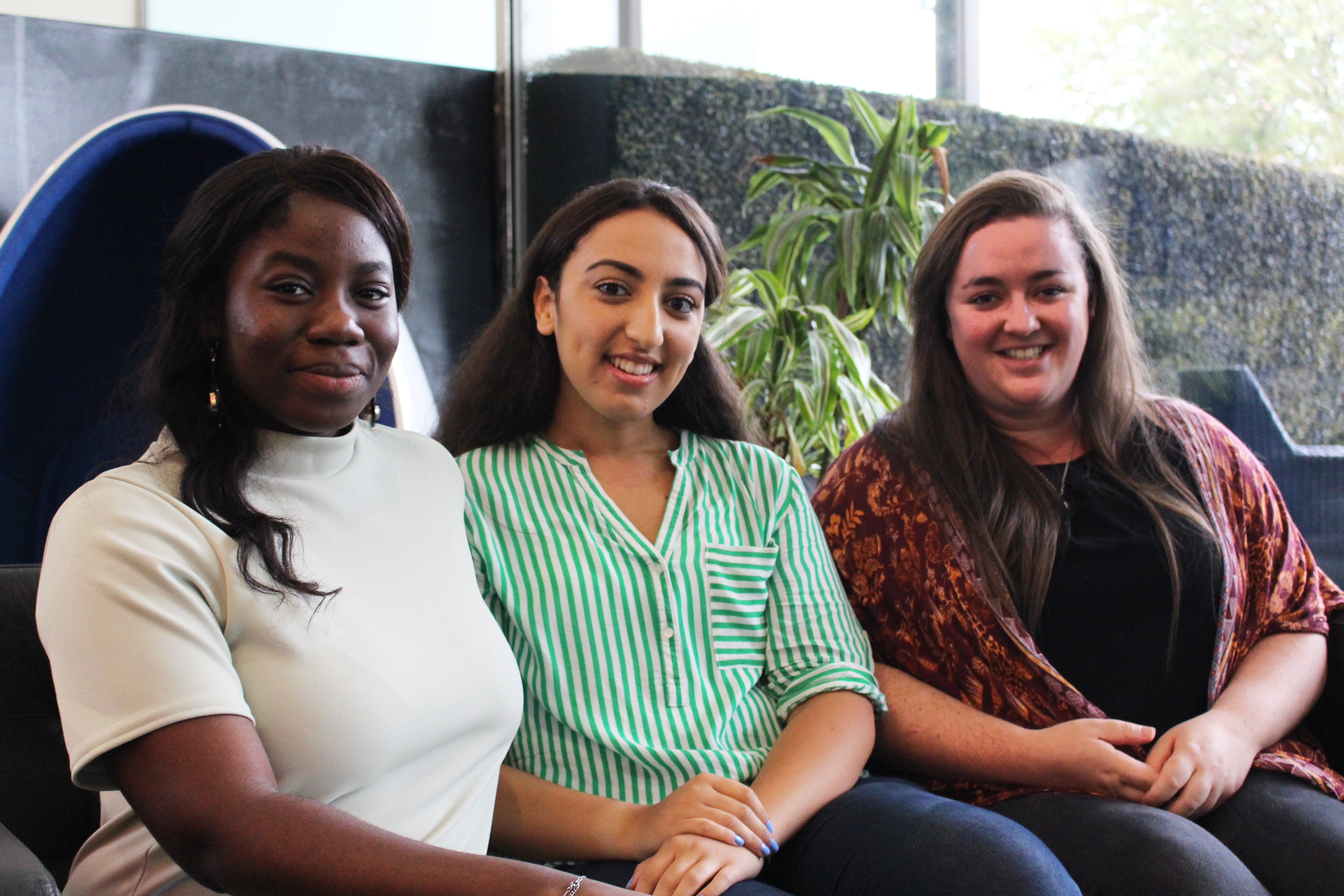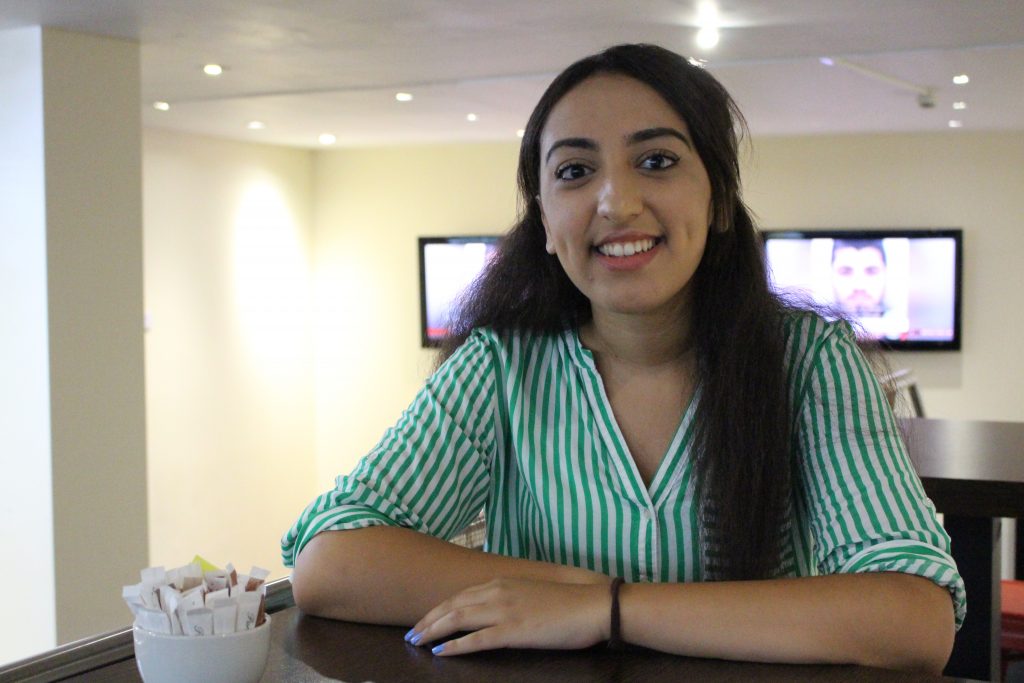Before I met Amanda, Bella and Rania, I wasn’t quite sure what the term a ‘people’s vote’ meant. First championed by anti-Brexit campaigner Gina Miller, the term has skyrocketed in popularity in recent months, with Google searches soaring in April, June and August.
But what does a so-called people’s vote actually mean? Is it any different to a second referendum, something which many have deemed a toxic term? And just how likely is it that one could really happen?
“In my opinion, they’re entirely different things,” argues Bella Frimpong, a 22-year-old from London. “A referendum tends to be a ‘yes or no’ question, whereas a people’s vote gives you options as to what you want the country to look live.
“Even in the Leave camp there are different versions of Brexit that people actually want, so why wouldn’t you want to have a say in what you want Britain to look like if we do leave?”
‘It’s About The Plumber And The Fisherman’
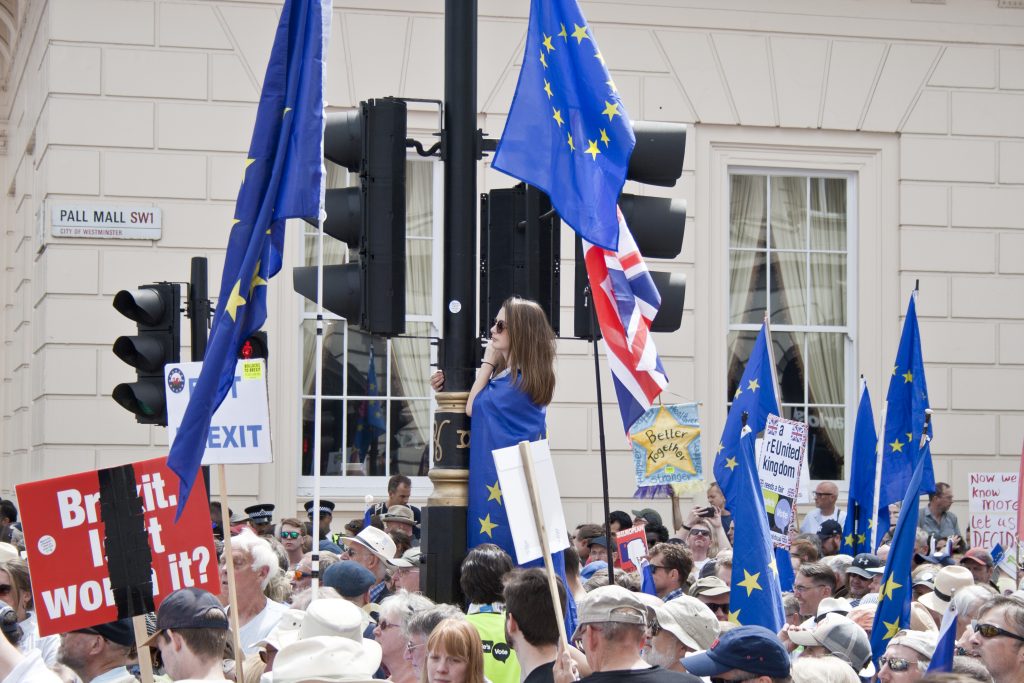 An Anti-Brexit March in central London. Image Credit: Ian Fennell
An Anti-Brexit March in central London. Image Credit: Ian Fennell
It’s a logic echoed by Amanda Chetwynd-Cowieson, 25, who is heading up student mobilisation at For Our Future’s Sake (FFS), a group created in 2018 to campaign for a people’s referendum.
When asked if the term is political marketing, she agrees it might be a “little bit.” However, she also says it’s about looking forward to the future as a united country. “It is the future of 65 million people, not just 650 MPs,” she adds, dismissing the option of a meaningful vote by MPs.
It is the future of 65 million people, not just 650 MPs.
Amanda Chetwynd-Cowieson
“That’s why the term ‘people’ is so important to me, because particularly at FFS we don’t want it to just be seen as [us] fronting the campaign.
“When you say ‘referendum’, it does make people think back to 2016, and when you say ‘people’ it makes them think about people they know, so it’s quite important. It’s about the plumber and the fisherman, not just the people who sit in Westminster five days a week.”
‘It Was Incredibly Hard. I Knew I Wasn’t Going To Get A Say’
19-year-old Rania Ramli didn’t get a chance to vote in the referendum. Image Credit: Jem Collins
However, regardless of whether you decide it’s a campaign for a people’s vote or a second referendum, the trio are united in saying that a vote is about our rights.
For Rania Ramli, just 19, her involvement came about after being too young to vote in the initial referendum, something FFS says affected some 1.4 million young people.
“It was incredibly hard,” she tells RightsInfo. “A lot of the time I was going out knocking on doors, but I knew that I wasn’t going to get a say on it and you do feel the Government is not listening to you. Especially if you’re interested and engaged in politics, you feel like you’re not getting a voice.”
Especially if you’re interested and engaged in politics, you feel like you’re not getting a voice.
Rania Ramli
The campaign for votes at 16 has been a constant feature of UK politics for the past few decades, and while the Human Rights Convention doesn’t go as far as stipulating an age people should be able to vote at, the right to take part in free and fair elections is undeniably a human right, making it a tricky discussion point.
“I’ve campaigned in general elections that I haven’t been able to vote in, but that’s fine” Rania continues. “I can vote in four years time, it’s not like it’s a permanent decision, which is why I think Brexit is so, so important.
“It’s something that’s going to impact me for the rest of my life and I’ve never had a say on it. It’s incredibly difficult, that’s why I think the people’s vote campaign is so important.”
A Lack Of Women Leading The Discussion
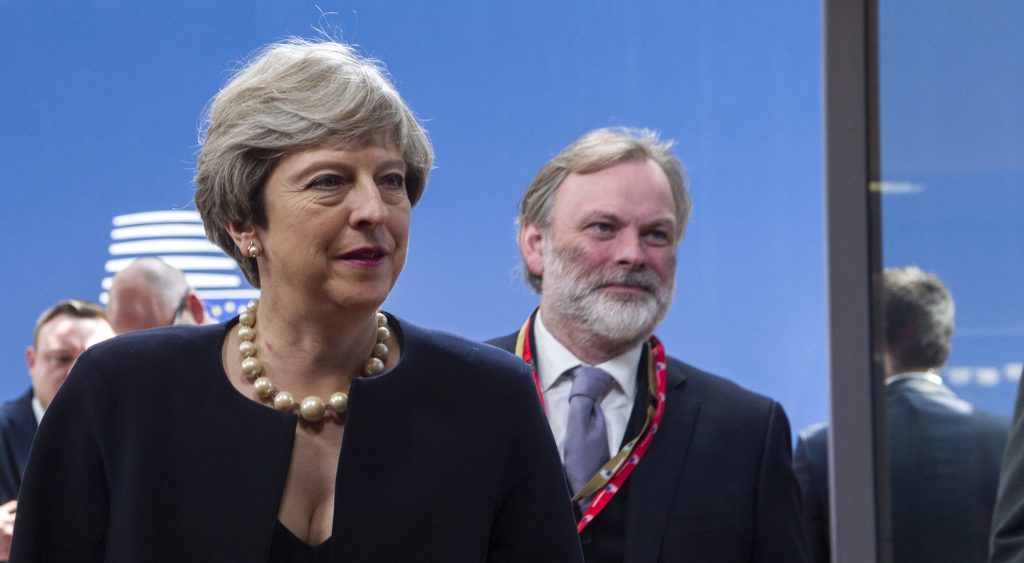
Theresa May is leading Britain’s negotiations – but the trio say there still aren’t enough women. Image Credit: European Council / Flickr
The campaign to have a say on the final deal isn’t just about the right to vote though, with Rania stressing it’s also about things like “workers’ rights, women’s rights, maternity and paternity rights.”
“My reason for being involved was representation,” adds Bella. “Any movement I’m involved in, I need to see women and people of colour because that’s what I identify as. In the Brexit debate, less than 10 per cent of those involved are women and I don’t think that’s right.”
Even before the vote, there were concerns about women’s engagement, with one poll showing men were twice as likely to feel informed about the referendum. More recently, the Government itself issued a warning that women could be forced to give up work as a result of the final deal.
I’ve not seen anything accounting for the needs of women.
Bella Frimpong
Their comments come just days before the launch of Women For A People’s Vote (September 3), supported by the likes of Caroline Criado-Perez and Rachel Johnson. Women’s rights are a huge part of our human rights, with equality and non-discrimination being at their heart – something these campaigners believe could be at risk.
“I’ve not seen anything accounting for the needs of women,” Bella continues. “I’ve not seen any mention of the EU provisions that are made specifically for women, or whether the UK will take the same stance on women’s issues. So I just think it’s very important to have a women-focused appeal in the people’s vote.”
‘It’s About Driving and Leading The Conversation’
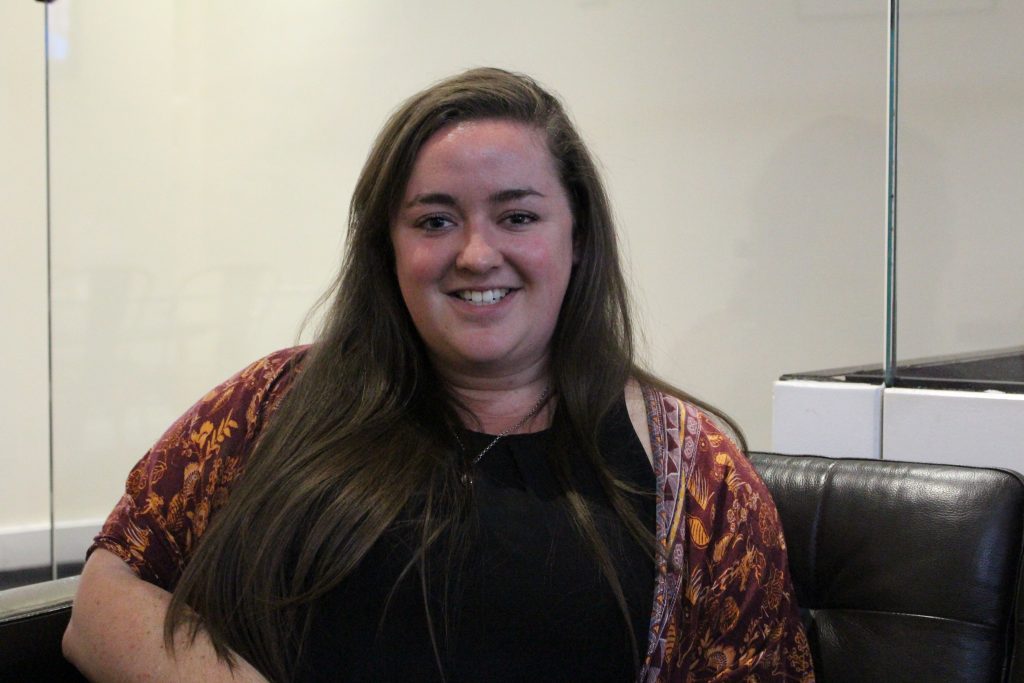
Image Credit: Jem Collins / RightsInfo
Despite the campaign leading bookies to slash odds on a second referendum (they’re currently at 9/4) it still seems an unlikely prospect. But this isn’t stopping the team, who say it’s also about moving the conversation away from abstract concepts and, instead, talking about rights issues which affect people’s everyday lives.
If everyone is talking about the customs union, we can be the group talking about maternity and paternity rights.
Amanda Chetwynd-Cowieson
“If everyone is talking about the customs union we can be the group talking about maternity and paternity rights, the rise in gendered hate crime etc,” says Amanda. “It’s just another avenue to drive the conversation about women and Brexit. And women and the people’s vote.”

